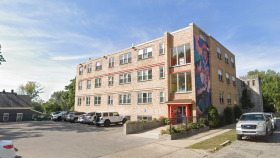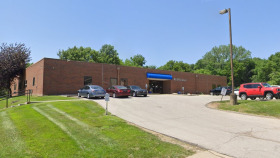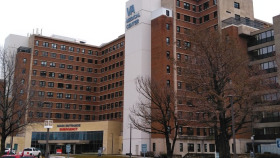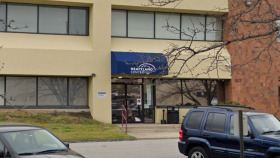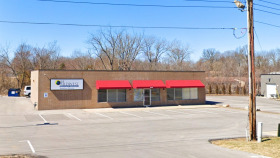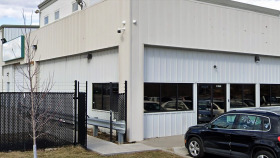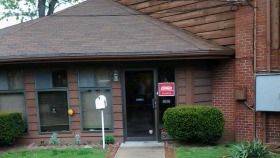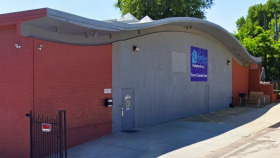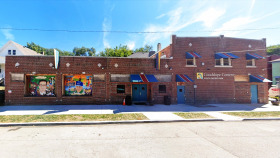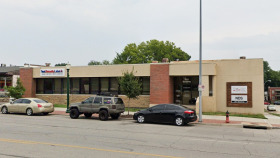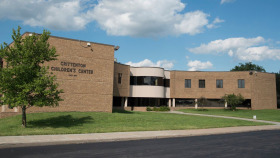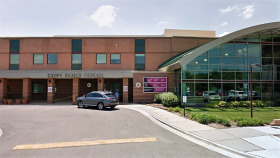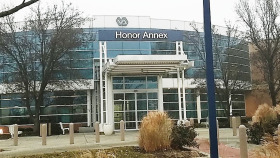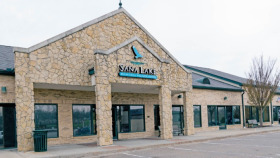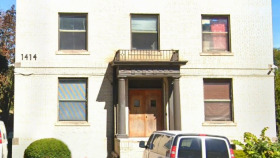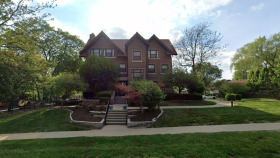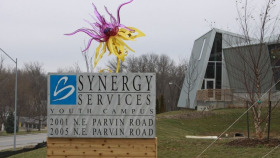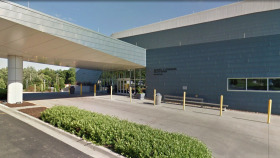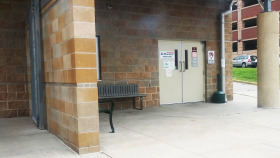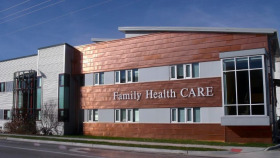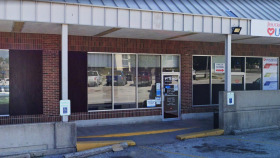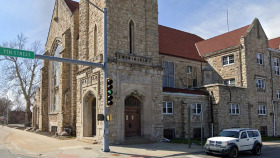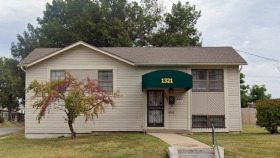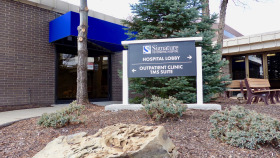Expert Insights
I was happy to hear that the Jackson County Legislature recently decided to invest $2 million in social service organizations across the metro area that focus on unhoused people, substance use and addiction treatment, and behavioral health programs. In my opinion, this is the best approach to treating addiction because it doesn’t exist in a silo. Oftentimes people lose their home and many people who use substances also have mental health disorders. Seeing that Jackson County wants to invest in life, in my opinion, will serve far more people than just incarcerating people for drug use. I think this is how we truly deal with the addiction crisis in Kansas City and our country.
~ Olivia Pennelle
How Expensive is Drug Rehab in Kansas City?
It is estimated that, statewide, 19,996 individuals receive rehabilitation for chemical abuse annually. An inpatient rehab patient can expect to pay $56,782 for the program, while an outpatient rehab participant would pay $1,710. The cost of treatment is dependent on multiple factors, including:
- Amenities
- Duration of the program
- If insurance is accepted
- Available government funding
- Location
- Inpatient vs. outpatient
As most of the drug rehabs in Kansas City are operated by private companies and charities, government subsidization of care may be limited. Additionally, there may be a shortage of inpatient spaces within the Kansas City metropolitan area. Despite this, you will be able to find a program that best works for you. Many treatment centers in the area accept insurance, potentially subsidizing all or part of the treatment cost.
Amenities like gyms, spas, and massage therapy may inflate the cost of treatment. It is important to find a center that both offers the services you need at a price affordable to you. While the state only offers eight free rehabilitation centers, many use a sliding scale to make fees affordable, charging only what is reasonable for your financial situation.
Are There Low-Cost and Free Drug Rehab Centers in Kansas City?
The following resources are among the low-cost, free, or sliding-scale rehabilitation centers in Kansas City:
- Mattie Rhodes Center. 148 North Topping Avenue, Kansas City, MO 64123 (outpatient, Spanish-speaking)
- Swopes Health Services Imani House. 3950 East 51st Street, Kansas City, MO 64130 (inpatient, outpatient)
- Adult Rehabilitation Center. 1310 East 10th, Kansas City, MO 64106 (inpatient)
- Guadalupe Center, 2600 Belleview, Kansas City, MO 64108 (outpatient, Spanish-speaking)
- ReDiscover Treatment Options Program. 8800 Blue Ridge Boulevard, Kansas City, MO 64138 (outpatient)
- Heartland Center for Behavioral Change. 1534 Campbell Street, Kansas City, MO 64108 (outpatient).
Besides opting for a low-cost facility, one can help fund a treatment plan in various ways, including:
- Applying for individual rehab scholarships
- Applying for grants offered through SAMHSA
- Raising money on a crowdfunding site
- Finding a center that offers financing or payment plans.
How Does Kansas City Compare in Alcohol and Drug Use?
Like so many other metro areas, Kansas City has not been able to avoid the impacts of drug and alcohol addiction. The fallout from addiction costs the city millions every year in medical and legal fees, not to mention the toll it takes on society. As the 29th most populous metropolitan area in the country, there are nearly 45 accredited alcohol and drug rehabs in Kansas City, Missouri.
According to the Substance Abuse and Mental Health Services Administration’s National Survey on Drug Use and Health, 13.1% of the Kansas City Metropolitan Statistical Area population aged 12 years or older has used an illicit drug.

9.6% residents admitted to using marijuana in the last year

8.6% residents reported having a substance use disorder

25.2% residents admitted to binge drinking at least once in the last month

293 rehab facilities in the city, with eight offering free treatment for all patients.
It is estimated that per every 10 fatal overdoses statewide, two of those people sought treatment beforehand.
Drug and Alcohol Laws in Kansas City
Civil Involuntary Detention: Under Missouri Statutes Chapter 632 RsMo, a person can be involuntarily compelled to psychiatric and substance abuse services. Any person can request the detention and evaluation of a person that they believe may be a threat to themself or others. Law enforcement will take the referred person to a Department of Mental Health-recognized treatment facility for evaluation. The person can be held for 96 hours after the initial assessment and can be referred to a formal court hearing to determine if further treatment and detention are needed.
Good Samaritan Law: Missouri Statures Chapter 195, Section 205 states that a person that seeks emergency medical help will be protected from minor drug or alcohol violations. The law was created to avoid situations where a person may avoid seeking medical assistance for a person because of the legal implications to them. The law offers immunity from:
- Possession of a controlled substance
- Possession of drug paraphernalia
- Possession of an imitation controlled substance
- Keeping or maintaining a public nuisance
- Sale of alcohol to a minor
- Possession of an altered ID
- Purchase or possession of alcohol by a minor
- Violation of a restraining order
- Violation of probation or parole
Resources
- National Center for Drug Abuse Statistics. (2022) Average Cost of Rehab.
- Missouri Legislature. (2022) Official Website for the Revised Statutes of Missouri.
- DrugFacts (2018). Understanding Drug Use and Addiction DrugFacts. National Institute on Drug Abuse.
- Missouri Department of Mental Health (2022). Behavioral Health Resources.



